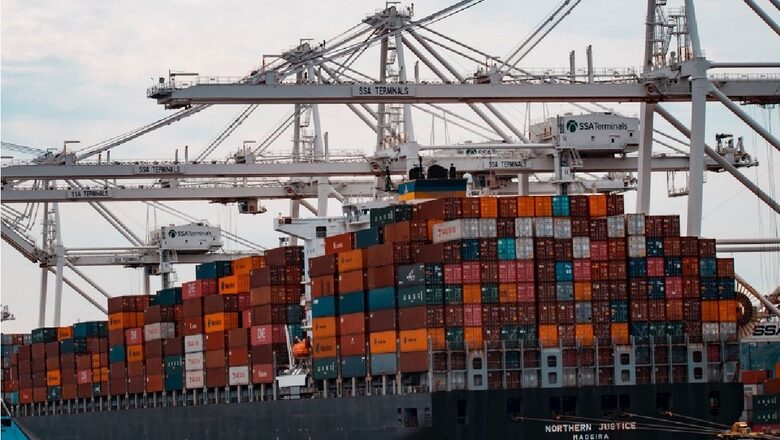
views
With most of the developed regions like the US and EU have turned protectionist and are taking WTO incompatible measures, India should actively raise trade disputes to counter their steps, think tank GTRI said on Monday. The Global Trade Research Initiative (GTRI) said for raising disputes, the government would require a professional setup akin to the US Trade Representative and a robust panel of experts as the current set up lacks depth.
In June, the US and India agreed to drop six WTO (World Trade Organisation) disputes, encompassing three cases initiated by each. This was possible because India filed several cases against the US, it added.
“Most nations, including the US and EU have turned protectionist and implement many WTO incompatible schemes. India need to actively raise disputes against them to counter or later bargain,” it said. GTRI Co-Founder Ajay Srivastava said that as the trade protection measures are on the rise in both the EU and the US, “we expect such cases to increase in number in the coming years”.
The policies like carbon tax by the EU will make exports tougher with additional tariff ranging between 20-35 per cent on full impact, he said. “The road ahead requires a balanced approach, harmonising domestic economic interests with genuine global trade obligations,” he added.
India continues to face challenges in managing its export promotion schemes within the framework of international trade laws. In 2023, both the US and EU recommended countervailing tariffs on four Indian products, alleging that they received undue competitive advantages from Indian government schemes, which harmed importing country industries, the GTRI said.
Notably, three of these products — Paper File Folders, Common Alloy Aluminum Sheet, and Forged Steel Fluid End Blocks — are common to both lists. This raises the question of whether both the US and EU exchanged information or coordinated their decisions, it said. The investigations covered two main categories: Countervailing Duty (CVD) and Antidumping Duty (AD) probes.
The CVD investigation focuses on whether the manufacturers in the exporting country (in this case, India) receive unfair government subsidies, which could harm the competing industries in the importing country. Countervailing duties are tariffs imposed by a country on imported goods that are subsidised by the exporting country’s government.
The duty amount is typically equivalent to the value of the foreign subsidy. On the other hand, the antidumping duty investigations are conducted to determine if manufacturers in the exporting country are selling a product in the importing country at less than its fair value, which could be detrimental to the domestic industry of the importing country.
“Through different investigations running across many products, the European Union (EU), the US have concluded that many Indian export schemes were subsidy,” it said.




















Comments
0 comment